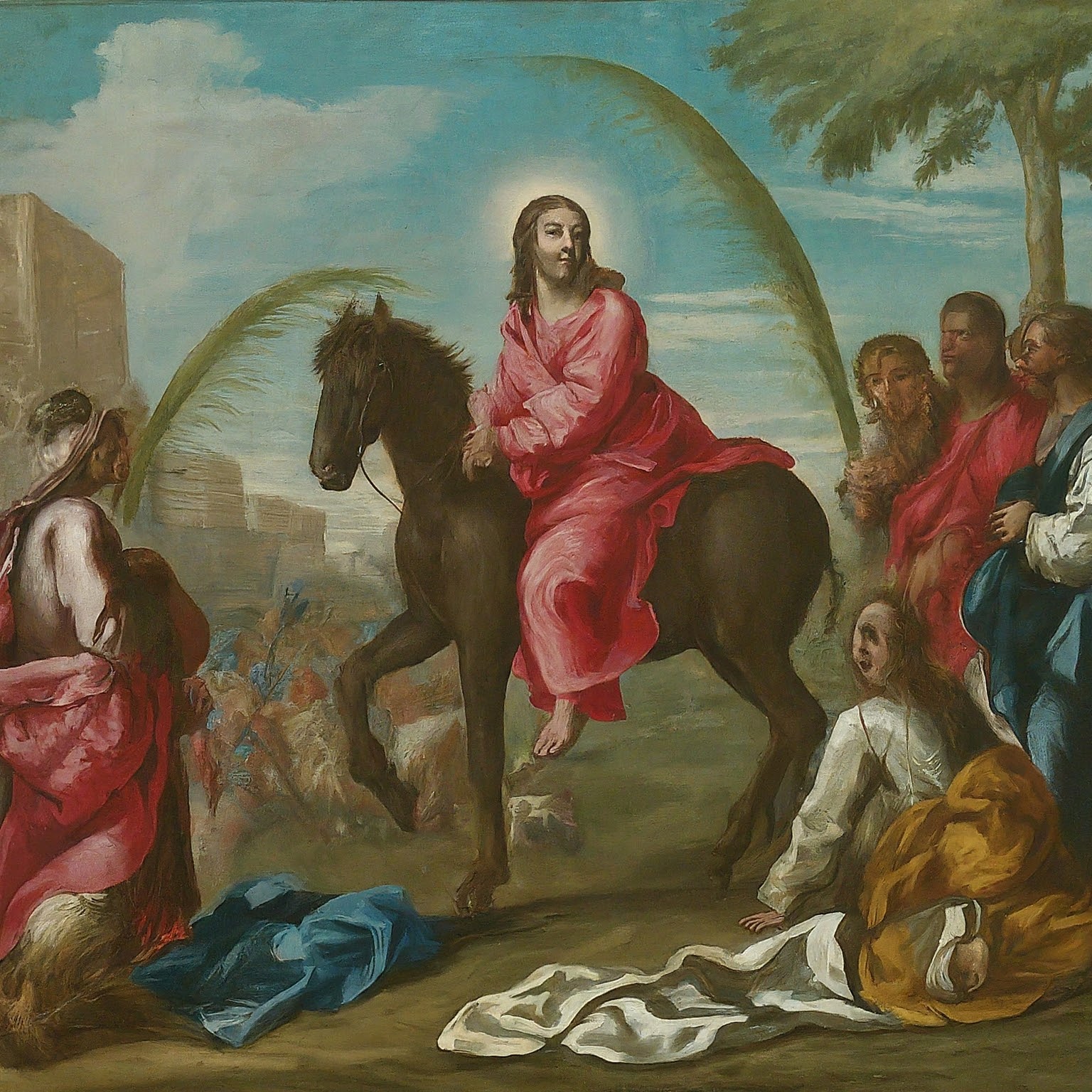In the Ancient Near East, numbers were used not only for counting but also to convey deeper spiritual and symbolic meanings. The number 40, in particular, frequently appears in the context of significant events or time periods, both in the Hebrew Bible and the New Testament.
In the Hebrew Bible, we find numerous instances where the number 40 is used:
- The Great Flood: In Genesis 7:4 and 7:12, God caused it to rain for 40 days and 40 nights, which wiped out all life on earth, except for those on Noah’s Ark.
- Moses’ life: Moses’ life can be divided into three periods of 40 years each—his time in Egypt, his stay in Midian, and his leadership of the Israelites (Acts 7:23, 30, 36).
- The Exodus: The Israelites wandered in the desert for 40 years before entering the Promised Land (Numbers 14:33-34, Deuteronomy 8:2-5).
- Moses on Mount Sinai: Moses spent 40 days and nights on Mount Sinai, fasting and receiving the Ten Commandments from God (Exodus 24:18, 34:28).
- The reigns of King David and King Solomon: Both of these significant kings reigned over Israel for 40 years each (2 Samuel 5:4, 1 Kings 11:42).
In the New Testament, the number 40 continues to hold its significance:
- Jesus’ temptation: Jesus fasted and was tempted by the devil for 40 days and nights in the wilderness (Matthew 4:1-2, Luke 4:1-2).
- Jesus’ post-resurrection appearances: Jesus appeared to his disciples and others over a period of 40 days after his resurrection (Acts 1:3).
The pervasive use of the number 40 in the Bible highlights its symbolic importance. It often represents a time of testing, preparation, or transformation, serving as a crucial period of growth for individuals and communities. Additionally, the number 40 is associated with divine intervention and God’s active role in shaping human history.
Discussion Questions
- In the context of Jesus’ 40 days of temptation in the wilderness, what can we learn about the nature of temptation and how to overcome it?
- How does the 40-year period of the Israelites’ wandering in the desert reflect the importance of trust and faith in God? Can you think of any modern-day examples where trust and faith play a crucial role in overcoming challenges?
- What are some ways that the symbolic meaning of the number 40 can influence how we read and interpret biblical stories? How might this understanding impact our faith?
- How does the consistent use of the number 40 throughout the Old and New Testaments demonstrate the continuity and interconnectedness of the biblical narrative?
Want to Know More?
- “Number in Scripture: Its Supernatural Design and Spiritual Significance” by E.W. Bullinger. This classic work delves into the patterns of numerical symbolism in the Bible, including the number 40.
- “Numbers in the Bible: God’s Unique Design in Biblical Numbers” by Robert D. Johnston. This book provides an in-depth examination of the significance and usage of numbers in the Bible, offering insights into their symbolic meanings.
- “Bible and Numbers: Significance of Numbers in Scripture” by Boniface Nkem Anusiem. In this book, Anusiem explores the relationship between numbers and their spiritual significance in the biblical narrative.




